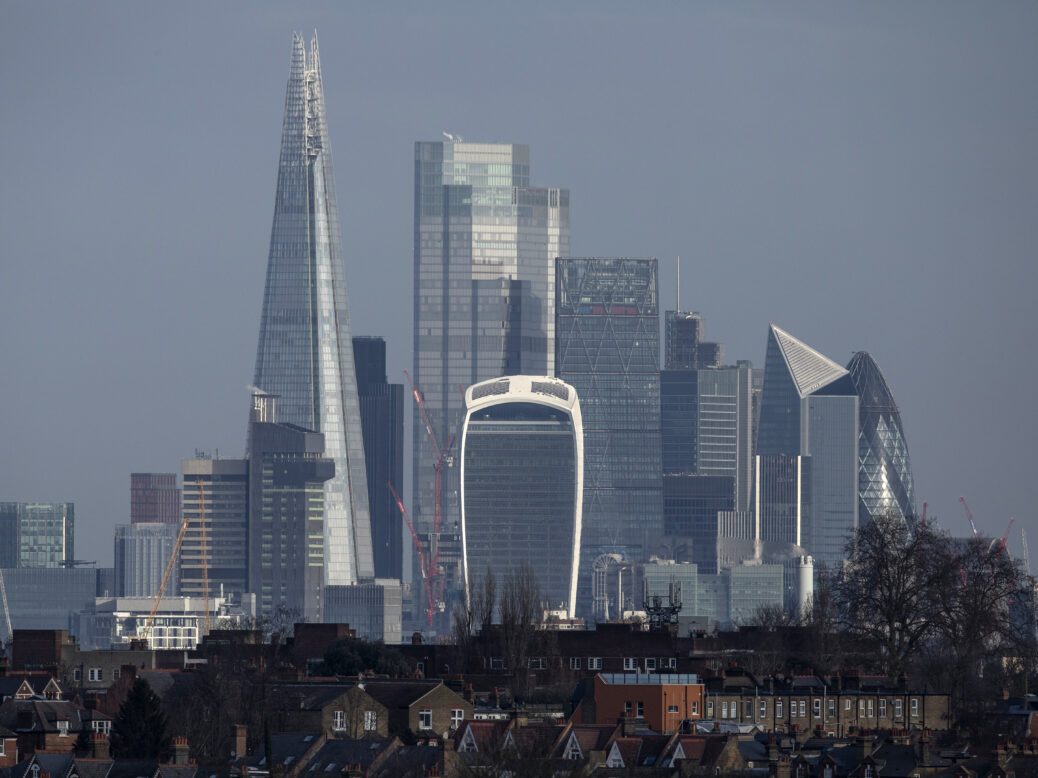
This month marks 50 years of gross domestic product (GDP), when the UK first published its provisional timely estimates of UK GDP. The measure has come in for its fair share of criticism over the years since August 1972. Some from the left argue that growth should no longer be an economic or political aim. As the consequences of our consumption of the earth’s limited resources become clearer and we move to a net zero economy, they argue that the endless cycle of consumption that is destroying our planet must be ruptured in favour of a different model: a circular economy.
There are also those who argue that the very idea of GDP as a guiding principle for nation states is wrong. David Cameron advocated a measure of “gross national happiness” (GNH), arguing as prime minister that “GDP is an incomplete way of measuring a country’s progress”. The term was first coined in the Kingdom of Bhutan, also in 1972, when the then king declared it more important than GDP, and it has influenced that country’s economic and social policy ever since. In 2019, New Zealand unveiled a “well-being budget”, the first of its kind to explicitly adopt well-being as its objective.
Conversely, there are those who believe GDP should be prioritised above all else. Witness Conservative leadership candidates Liz Truss and Rishi Sunak making vague promises of economic growth, delivered through tax cuts and fiscal prudence, but with little evidence as to how this will benefit people.
At the Centre for Progressive Policy (CPP), we don’t believe in abandoning economic growth. We know it won’t be possible to alleviate poverty or find a sustainable path out of the current cost-of-living crisis without it. We believe economic growth and people’s livelihoods should be considered together, rather than separately. Even GDP per capita fails to capture people’s experience of the economy, just as employment figures can conceal the number of insecure, low-paid jobs. The fact is that more and more people living in poverty are in work. To truly understand and improve the impact of economic growth, we must consider its quality and impact, not just its rate.
At CPP we advocate a better model for how we design and measure economic progress. Inclusive growth is about enabling as many people as possible to contribute to and benefit from economic prosperity. It is about tackling inequalities by investing in people and productivity and creating the conditions that will enable economic opportunities to be spread more fairly between people and places.
That means investing in high-quality, affordable and accessible childcare so that every parent who wants to work can. It means investing in skills so that people in parts of the country that have suffered with the decline of old industries are equipped to step into the green jobs of the future. It means tackling health inequalities that are holding back so many people from participating in the workforce, a trend that has risen sharply post-pandemic.
Inclusive growth has gained traction as a concept since the financial crash, in the UK and internationally. The flaws in our economic system were exposed then, and Brexit is the obvious political casualty. But rather than seizing an opportunity for change, the policy response to the crash only ratcheted asset inflation and widened wealth inequalities. As costs of living now soar, the cracks in our economic system – domestic and global, social and environmental – are painfully clear once again.
Untrammelled growth is not sustainable, and we cannot cling to the hope that growth will trickle down. Headline GDP growth means little unless it enhances people’s living standards. But don’t throw the baby out with the bathwater and abandon economics for vague hopes of happiness; get better economics. The solution is green, inclusive growth.
[See also: Can interest rate rises reduce the UK’s “astronomical” inflation?]


